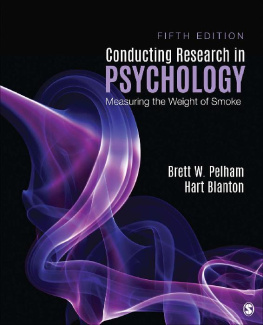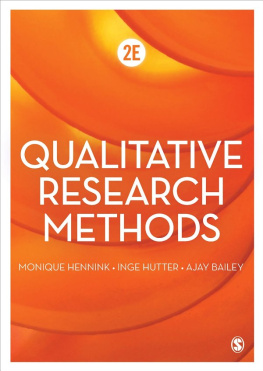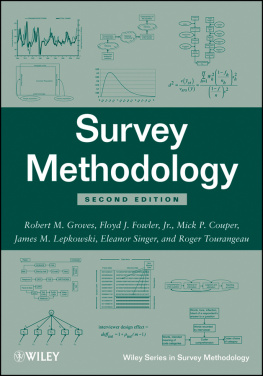Brett W. Pelham - Conducting Research in Psychology: Measuring the Weight of Smoke
Here you can read online Brett W. Pelham - Conducting Research in Psychology: Measuring the Weight of Smoke full text of the book (entire story) in english for free. Download pdf and epub, get meaning, cover and reviews about this ebook. year: 2018, publisher: SAGE Publications, Inc, genre: Romance novel. Description of the work, (preface) as well as reviews are available. Best literature library LitArk.com created for fans of good reading and offers a wide selection of genres:
Romance novel
Science fiction
Adventure
Detective
Science
History
Home and family
Prose
Art
Politics
Computer
Non-fiction
Religion
Business
Children
Humor
Choose a favorite category and find really read worthwhile books. Enjoy immersion in the world of imagination, feel the emotions of the characters or learn something new for yourself, make an fascinating discovery.
- Book:Conducting Research in Psychology: Measuring the Weight of Smoke
- Author:
- Publisher:SAGE Publications, Inc
- Genre:
- Year:2018
- Rating:4 / 5
- Favourites:Add to favourites
- Your mark:
Conducting Research in Psychology: Measuring the Weight of Smoke: summary, description and annotation
We offer to read an annotation, description, summary or preface (depends on what the author of the book "Conducting Research in Psychology: Measuring the Weight of Smoke" wrote himself). If you haven't found the necessary information about the book — write in the comments, we will try to find it.
Conducting Research in Psychology: Measuring the Weight of Smoke provides students an engaging introduction to psychological research by employing humor, stories, and hands-on activities. Through its methodology exercises, learners are encouraged to use their intuition to understand research methods and apply basic research principles to novel problems. Authors Brett W. Pelham and Hart Blanton integrate cutting-edge topics, including implicit biases, measurement controversies, online data collection, and new tools for determining the replicability of a set of research findings. The Fifth Edition broadens its coverage of methodologies to reflect the types of research now conducted by psychologists.
Brett W. Pelham: author's other books
Who wrote Conducting Research in Psychology: Measuring the Weight of Smoke? Find out the surname, the name of the author of the book and a list of all author's works by series.













